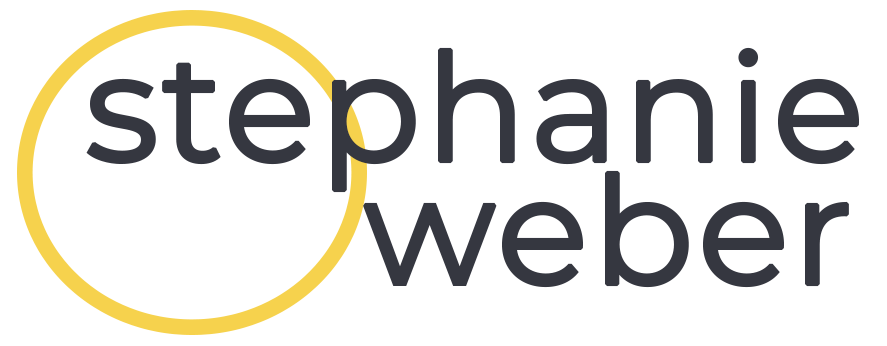
Occasionally there is a book that comes along that changes how you think, how you parent, how you manage, Mindset is that book for me. Mindset: The New Psychology of Success by Carol Dweck, starts with a simple premise, that there are two types of mindsets, fixed and growth.
I actually purchased this book a few years ago but the timing apparently wasn’t right. I opened it, read a chapter and then it sat in my Kindle App library gathering dust till a few weeks ago. Since I like to supplement my actual reading with audiobooks and I had just finished another one, I was ready for something new. I saw the suggested title for Mindset at Audible.com and recalled my unfinished Kindle version which prompted a guilty feeling. So guilt drove an impulse purchase and 20 seconds later I had the audio version of Mindset playing from my iPhone. What made me pause and not listen two years ago, I’ll never know but what I know now is, I could barely put it down. In fact, it is one of those books I kept switching between audio and Kindle so I could highlight passages.
At its core, Carol Dweck teaches her audience about the differences between the fixed and growth mindset and how those differences play out in life. She explains that the fixed mindset is the belief that all talents and abilities are static, that a person is born with them and they don’t change over the course of their life. In addition, since those abilities cannot be changed they validate the fixed mindset person. Any failures a fixed mindset person experiences feel like a direct attack on their innate abilities and because of this, fixed mindset individuals are less likely to engage in activities that might result in failure. The often feel the world is judging them by those failures so they will avoid instances where they may fail.
“When you enter a mindset, you enter a new world. In one world—the world of fixed traits—success is about proving you’re smart or talented. Validating yourself. In the other—the world of changing qualities—it’s about stretching yourself to learn something new. Developing yourself.”
Now in stark contrast, the growth mindset individual believes that anyone can develop any talent or ability with effort. They focus on learning and effort to grow these new talents and abilities. Their failures are seen as learning opportunities. The growth mindset person celebrates not their abilities or talents but the fact that “becoming is better than being” and that they will know more and be better tomorrow than they are today.
“The passion for stretching yourself and sticking to it, even (or especially) when it’s not going well, is the hallmark of the growth mindset. This is the mindset that allows people to thrive during some of the most challenging times in their lives.”
Carol gives many examples throughout the book of individuals with either the fixed or the growth mindset. She writes about CEOs, teachers, and parents that have adopted the growth mindset and contrasts them with those that operate from a fixed mindset. The reader learns how Jack Welch used the growth mindset to turn a company around as well as how Bobby Knight used the fixed mindset to control his teams.
In the parenting chapters, she writes to the culture of praise that encourages parents to tell their children how great their abilities or talents instead of their efforts in the mistaken belief that it will boost their confidence.
“If parents want to give their children a gift, the best thing they can do is to teach their children to love challenges, be intrigued by mistakes, enjoy effort, and keep on learning. That way, their children don’t have to be slaves of praise. They will have a lifelong way to build and repair their own confidence.”
Overall, Carol helps the readers with their own lives. She shows her audience that depending on the area in their life that they can have both a fixed or a growth mindset. Then she teaches them to recognized and change their mindset. I know at this point you know you have a growth mindset but I encourage you to read this book you will be surprised.
For me, this book reiterated my belief that anyone can learn anything with the right amount of effort. Years ago, I taught myself to code. It was the late 90’s, websites were popping up everywhere and I wanted to know how they worked. The education system had not caught up yet so I went out on my own. I read, I practiced and I failed many times until I was able to master programming. My ability to code is not because of some deep set genius, no, it was the time and effort I put into learning how to code. It took a lot of effort and a lot of passion. What this book gave me was the reminder of that and how to teach the growth mindset to my children.

